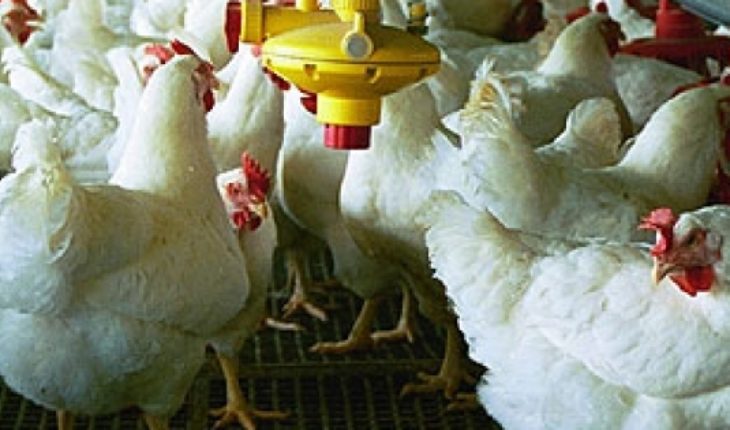few days ago, the Court’s defense of free competition (TDLC) hosted a requirement of national economic Prosecutor (FNE), sanctioning Cencosud, SMU and Walmart to maintain, through its suppliers, a collusive agreement to set minimum retail prices of fresh chicken between at least the years 2008-2011. By virtue of this, the chains would have been prevented from selling such meat below the list price of wholesale plus VAT, which became apparent product of the investigation of the so-called case chickens, where collusion was enacted at the same time between Agrosuper, Ariztía and Don Pollo.
Derived from the above, the TDLC sanctioned Cencosud to the payment of a fine by 5.766 units tax annual (UTA) ($3,346 million), Walmart by 4.743 UTA ($2.752 million) and SMU by 3.438 UTA ($1.995 million), amounts reduced in comparison with similar cases, Despite the fact that the FNE had requested the maximum amount applicable at the time of the facts (30,000 UTA).
From the judgment, which probably will be appealed to the Supreme Court, various experts and media have made some statements which are not entirely accurate, since they omit similar precedents, also at headquarters of free competition, and others relevant aspects of this case”supermarkets”.
For example, it has been noted that this trial would be the first in which, rather than existing contacts between enterprises, coordination would be carried out through its suppliers, which would be an unprecedented case of what is known as a hub and spoke. However, a similar behavior existed where the emblematic”pharmacies”, in which – in view of the FNE – contact between pharmaceutical chains would not have been direct, but performed on the initiative and through various laboratories, suppliers of such networks in the field of drugs (case N ° 119-2012).
It was suggested, on the other hand, that first failure of the TDLC has given special importance to compliance programs in free competition (compliance), for the purpose of assessing the extent of the sanctions, which is not entirely successful. In its judgment N ° 148-2015 (case asphalt II), was established a programme of compliance as a measure complementary to other sanctions applied to sentenced enterprises and, Furthermore, expressed that – in general – the implementation of this class of programs could operate as a mitigation of responsibility in the event that there is “a breach of free competition without the knowledge of top executives, administrative bodies, and owners of the company”, or an aggravating “if exists “such program and therefore being the wrongfulness of conduct more clearly in knowledge of such persons, they also infringe the rules of free competition” (first vote of prevention), criterion that seems relevant for any company.
Another aspect that seems forgotten is the fact that “If supermarkets” not only has evidence of agreements for the sale of chicken meat, but also of other products, such as wines, Turkey meat and pork. In fact, on the same requirement of the FNE has twenty emails accordingly. This is very relevant, because clearly we are in the presence of an anti-competitive agreement involving not only one product in particular, but several, which – at least – has been able to mean the application of one fine more specified, without prejudice to the possible sanction by various illicit in this case.
Indeed, with the passing of the months will be emerging other relevant lessons. Let us hope that market players can learn from them and don’t forget them.
The Bravo study participated in the cause of supermarket chains and the chicken market before the Antitrust Court representing Conadecus.
Poured in this op-ed content is the sole responsibility of the author and do not necessarily reflect the editorial line nor the counter position.





